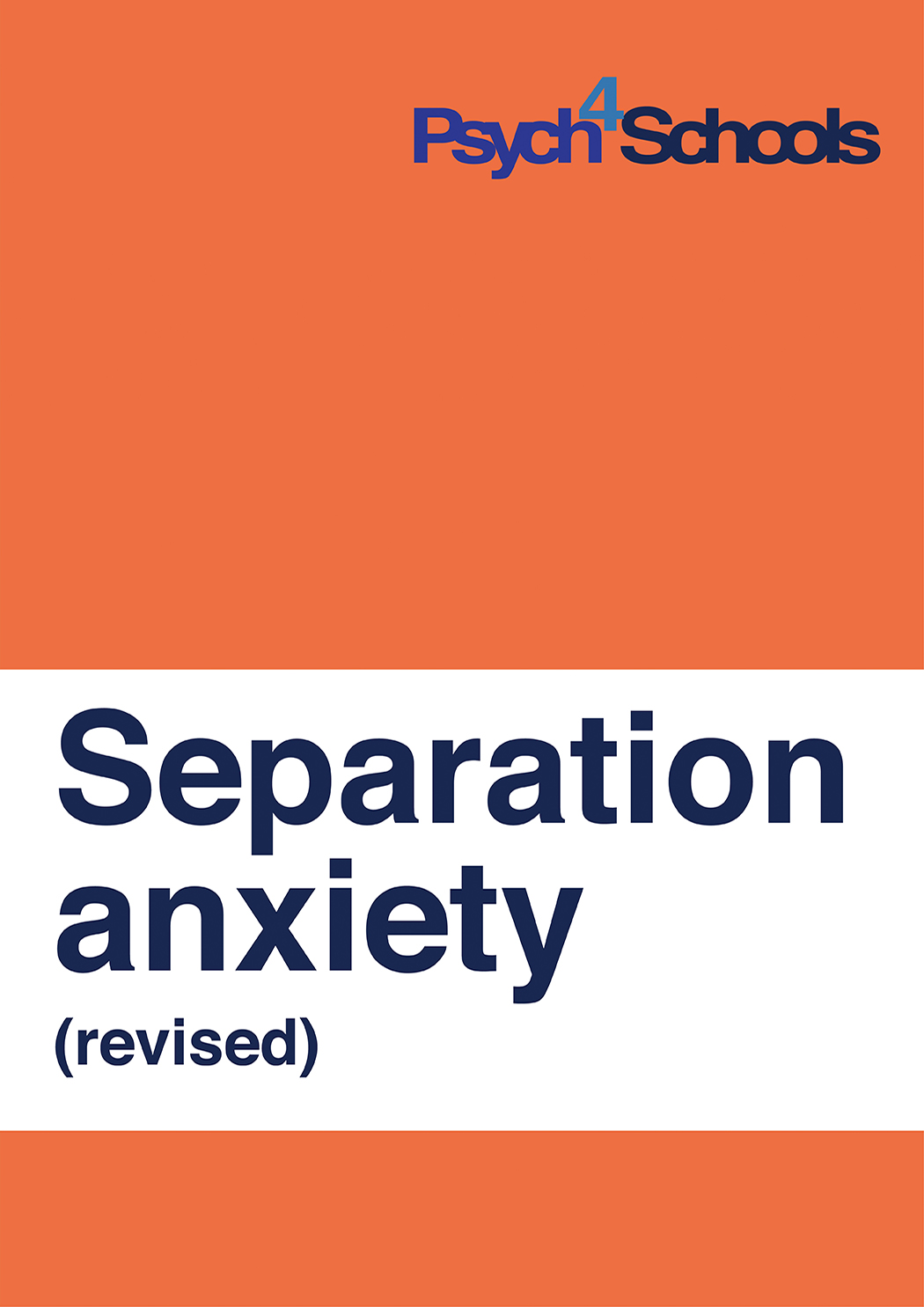For parents: Reduce your stress and worry
The following is an excerpt from the ebooklet For parents: Reduce your stress or worry by Murray Evely and Zoe Ganim.
Introduction
Around two-thirds of Australian parents report feeling stressed often or all the time.[1]Raising children and adolescents is hard work. It follows then that even the most resilient parent will sometimes feel overwhelmed, and react to situations in ways they are not proud of.
 If you are regularly stressed and react by crying, yelling, demanding attention, or giving up, your children are likely to do the same. This is because your children watch how you cope with everything from small everyday hassles to major stressful events. They learn from you and will often copy your behaviour.
If you are regularly stressed and react by crying, yelling, demanding attention, or giving up, your children are likely to do the same. This is because your children watch how you cope with everything from small everyday hassles to major stressful events. They learn from you and will often copy your behaviour.
While it is difficult to stay in control all the time, the better you are at actively using strategies that help you to manage your emotions and stay calm, the more likely your children will be able to regulate their responses to worries or stressful situations. Regulating your emotions can also help prevent daily stressors from becoming overwhelming.
1. Be aware of your feelings
- Regularly stop for a moment and pay attention to how you feel. This is the first step to regulating your emotions. Are you feeling worried, frustrated, excited, or perhaps just a bit annoyed? Becoming more attuned to your emotions and nuances in your feelings means you are less likely to overreact, and lose your cool. When we feel very emotional (e.g. very angry, stressed, or scared) we can become overwhelmed. Saying, ‘I’m feeling really annoyed’ or ‘I’m just a bit stressed,’ helps you understand what’s happening, and regain a sense of control. Try some of the following ideas:
- Set an alarm on your phone to go off three times a day. Stop each time and pay attention to how you are feeling.
- Use the Mood Meter app to assist you to identify and track how you are feeling, gain tips to change how you feel, and enhance the way you manage things. For more on using this app go to the ‘Great kids’ article, ‘There’s an app for that feeling.’
- If you yell, or are about to yell at your child or find yourself losing control, stop, take a breath, think about how you are feeling, and then use a calm speaking voice.
- If you often feel overwhelmed, stressed or anxious talk to someone about how you feel, such as a partner, close friend, relative or someone you respect at your child’s school. Alternatively, seek professional assistance from your doctor who can rule out health issues that may cause you to feel this way. If necessary, you can be referred to a psychologist or other mental health practitioner. Some workplaces may offer confidential employee assistance programs that enable you to access a number of free sessions with a psychologist to help explore and resolve concerns.
ISBN 978-1-921908-37-8
Copyright © Murray Evely and Zoe Ganim 2016
No part of this excerpt may be reproduced or reprinted without permission in writing from the publisher.
Click here to read copyright details, summary of the licence and terms and conditions to use and reproduce our digital materials granted to authorised users.
This article is an excerpt from the ebooklet For parents: Reduce your stress and worry.
Download the complete ebooklet for full access to strategies and resources, including:
- Be aware of your feelings
- Changing your thinking to change your mood
- Learn how to calm yourself
- Build your coping toolbox
- Help your child with stress and worryhttps://www.psych4schools.com.au/shop/for-parents-reduce-your-stress-and-worry/download





